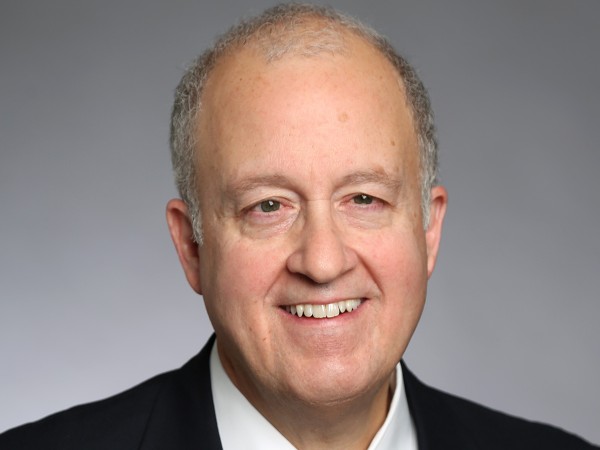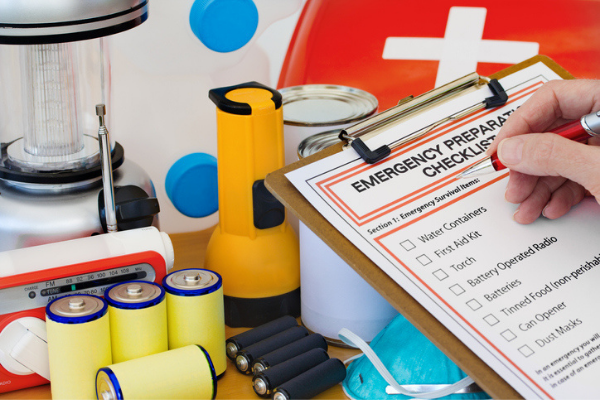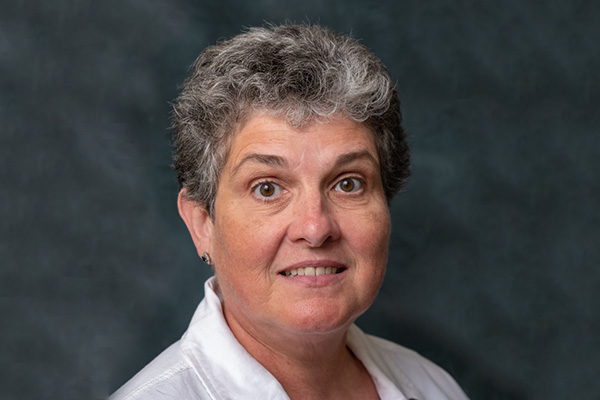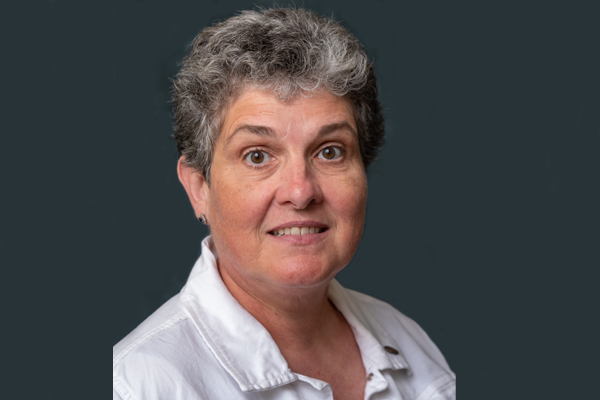By: Ken Fivizzani, ACS Safety Expert
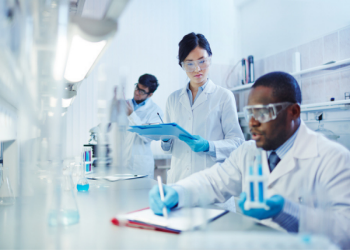
Audits are an essential part of any laboratory safety program. Audits are the exams of safety preparation. Most of us do not like to do audits or have our facility audited.
Several years ago, my employer hired two auditing consultants from DuPont as part of their training program in laboratory safety. These gentlemen had been managers of research laboratories; they shared their safety management experiences with our research managers and staff. On the afternoon prior to their formal presentation, the consultants carried out an audit of our laboratories.
While our audits tend to focus on objects in the lab (e.g., labels, hazardous materials, safety equipment, working spaces, storage, waste collection, general housekeeping), the consultants were more interested in the people working in the lab. Most of the audit time was spent talking with the researchers in their work area. The consultants would introduce themselves, explain that they were conducting an audit for the company.
They asked the researcher to explain their job tasks. How did you learn how to do this? Who taught you? Are there any significant safety issues in performing this task? In general, do you feel safe working in this area? The researchers were quite comfortable talking with these consultants. Some enjoyed talking about their work; others appreciated being asked for their input about the lab and lab safety.
I was impressed that these audits seemed more like professional discussions than collecting violations of policy or proper procedures. In the audit summaries, some standard observations were made, and the insights and concerns of the researchers were noted. These audits gave us new perspectives.
Lab audit programs will always have to account for the common non-conformances in lab work and storage areas. Like rotations in auditors, changes in audit format can broaden the scope of the self-review. A focus on people reveals different issues than a crowded benchtop or containers blocking the aisles.
Three quotes serve as a summary of the points I am trying to emphasize. You can learn a lot just by listening. We have one mouth but two ears; we should listen as much or more than we talk. People are our most important product. Try a listening audit once or twice in a year. You will have plenty of opportunities for the more traditional audit styles.
This article has been edited for length and clarity. The opinions expressed in this article are the author's own and do not necessarily reflect the view of their employer or the American Chemical Society.

